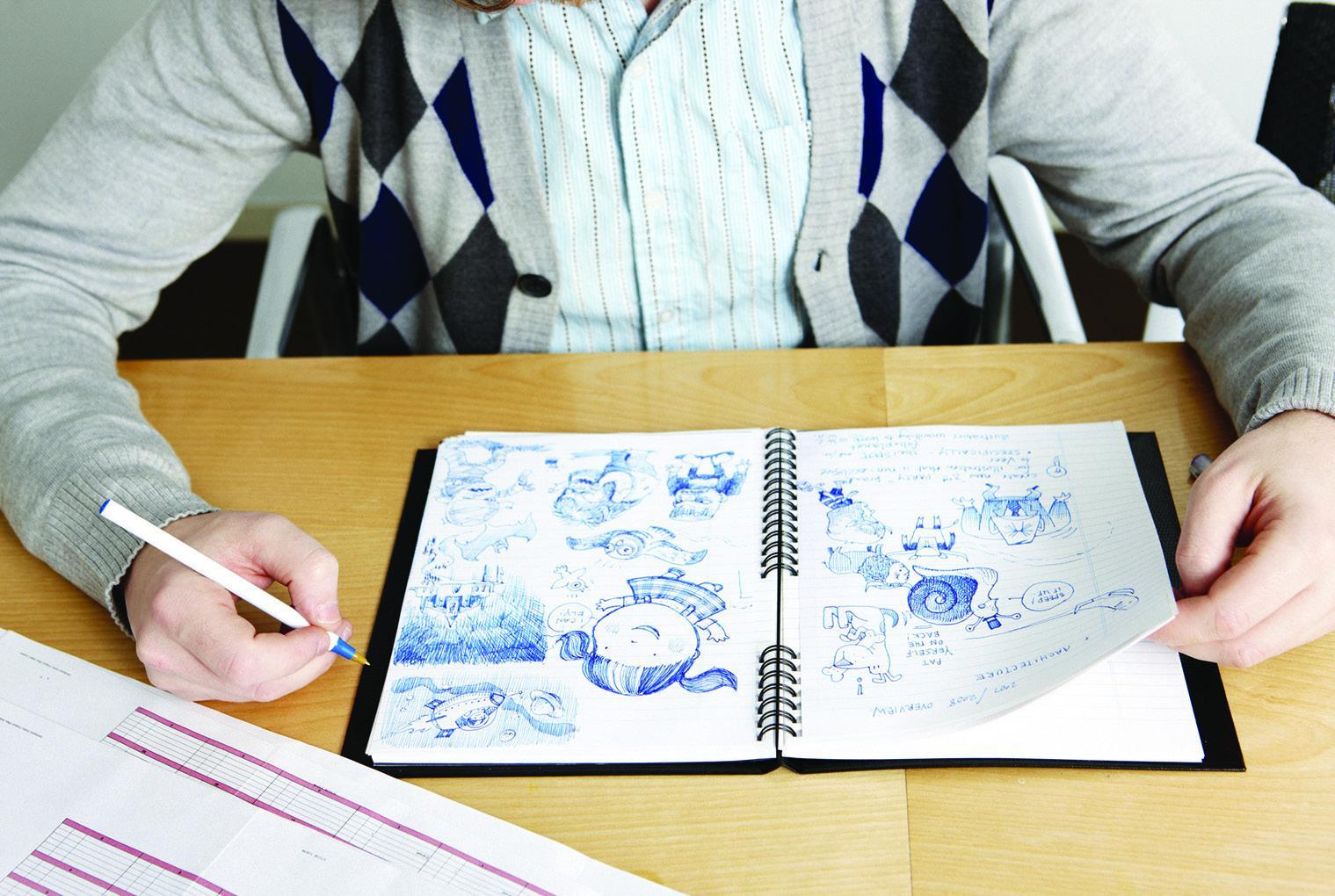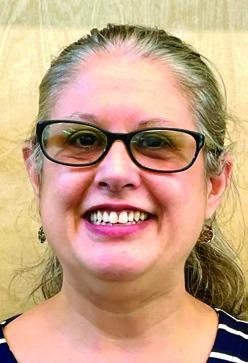
Photo from Metro Creative

SAN MARCOS PUBLIC LIBRARY
625 E. HOPKINS ST.
512-393-8200
Answers to Go
Q. My grandson told me that in school he learned the word “frindle” was another word for a pen. Is this true? How have I never heard about this before? Kudos to your grandson for being a well-read young person. While “frindle” is not actually a real word, it is the title and subject of juvenile novel that features dictionaries and words.
A. Kudos to your grandson for being a well-read young person. While “frindle” is not actually a real word, it is the title and subject of juvenile novel that features dictionaries and words.
The book titled “Frindle,” written by Andrew Clements, was first published in 1996. Since its first publication, it has been reprinted in no fewer than 16 different languages, including Basque, Hungarian, Romanian and Turkish. Basically, it is about words, dictionaries and how language evolves. It is often on elementary reading lists and is a favorite for many children. On the author’s website (andrewclements.com/ books/frindle) it states, “Over 6.5 million copies sold.”
The premise of the book is about a young fifth grade student, Nicholas Allen, who is a prankster. In third grade, he turned his classroom into a tropical island, and he once fooled a teacher by chirping like a blackbird. However, the book takes place when he is beginning fifth grade, where it looks like his days of trouble-making are over. That is, until he learns an interesting item about the creation and evolution of words. Nick decides to try one more prank — to rename the pen, that ordinary writing instrument, a “frindle.” Before long, he has all his classmates, his school, the town and almost the entire country calling those ordinary writing instruments frindles. I won’t spoil the end for you, but if you have not read this before, no matter how old you are, I recommend it. It is, of course, available at the San Marcos Public Library!
This book always reminds me of how wonderful the dictionary is and how language evolves and grows. I thought it might be fun to find a few other words that are unusual, so I started flipping through dictionaries and found a few that you might enjoy:
• Manuduction – guidance, leading. Something that leads, a leader.
• Rackarock – an explosion • Insidiate – to plot or scheme against, to lie in wait, to ambush
• Cist – A primitive stone tomb, a box of sacred objects
• Turbinate – Shaped like a top. Spiraled, like some shells
• Tropoclastics – the science of breaking a habit Most of these unusual words came from Josefa Heifetz’s book “The Word Lover’s Dictionary: Unusual, Obscure, and Preposterous Words” which the library has in its collection. For more books like this, check out the following:
• “Dictionary of Symbols and Imagery,” by Ad de Vries
• “The Cassell Dictionary of Slang,” by Jonathon Green
• “An etymological dictionary of the English language,” by Walter W. Skeat
• “Right, wrong, and risky: a dictionary of today’s American English usage,” by Mark Davidson If a website is what you prefer, check out The Phrontistery, at phrontistery. info/index.html. A phrontistery (from the Greek phrontistes ‘thinker’) is meant to be a thinking-place for reflection and intellectual stimulation. It includes not only a dictionary of “rare, cool and unusual words,” but a compendium of “lost” words, short scrabble words and much more.
All these resources will help you avoid cacology — a bad choice of words or faulty pronunciation. Enjoy!
Suzanne Sanders is the columnist for the library. She is the Community Services Manager for the San Marcos Public Library and came from the Austin Public Library in 2015 after having served there as a librarian for over 20 years. She gratefully accepts your questions for this column.











